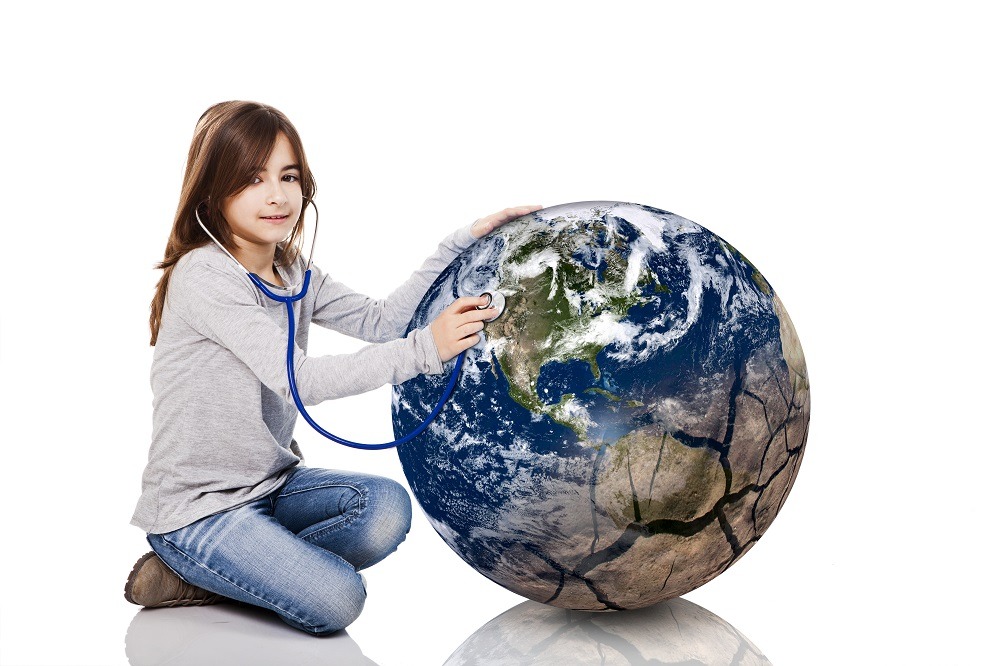How to Talk About the Weather: Climate Change and Kids
 Explaining tough topics to our children can be world-shifting moments for them, and as parents we have to be careful to find language that’s appropriate for their ages and sensibilities and that gives them a sense of how they can engage as helpful, caring people. Although we don’t want our children to be anxious about the future, we do want them to be part of the solution, not the problem.
Explaining tough topics to our children can be world-shifting moments for them, and as parents we have to be careful to find language that’s appropriate for their ages and sensibilities and that gives them a sense of how they can engage as helpful, caring people. Although we don’t want our children to be anxious about the future, we do want them to be part of the solution, not the problem.
Here are some simple ways to discuss climate change with your youngster:
1. Summarize the science in language that the child can understand — just enough detail to outline the gist. If she wants more information, she will ask. There are some wonderful websites that can help you with the details. Check out this one from NASA.
2. Follow this with what your family is doing to be part of the solution. This produces a “we can solve this” learning mindset that will empower your children as they grow. Some suggestions:
- Point out nature’s superb modeling (no waste – everything gets used again and again and again; since waste is a human invention, we can un-invent it)
- Start composting food scraps at home; you’d be amazed how easy and fun this is
- Do a better job with recycling; see how little trash you can create each week
- Propose a walk or bike ride instead of driving
- Create a car-pool to school
- Investigate solar or wind power for your home
- Switch to LED bulbs
- Hunt down and unplug “vampire loads” in your home – those ghost lights that are on even when an appliance isn’t in use
- Plant native plants in the yard to provide habitat for wildlife (some beautiful Mexican Hyssop will attract dozens of bees in no time)
- Grow some vegetables – even if you just have room or energy for a patio tomato. Nothing tastes better.
3. Ask your children for their ideas of ways to care for the world wisely. Their ingenuity will surprise you.
4. Rather than avoid tough topics, introduce them as they can be digested, and always give the children room to question, consider, react, and see that solutions are possible — that they can be leaders of change that will benefit everyone.
As your children grow, their efforts as engaged citizens will become more complex and expand beyond home and school to the larger community of states, nations, the world. With an early start, who can predict how much good their engagement will do?


